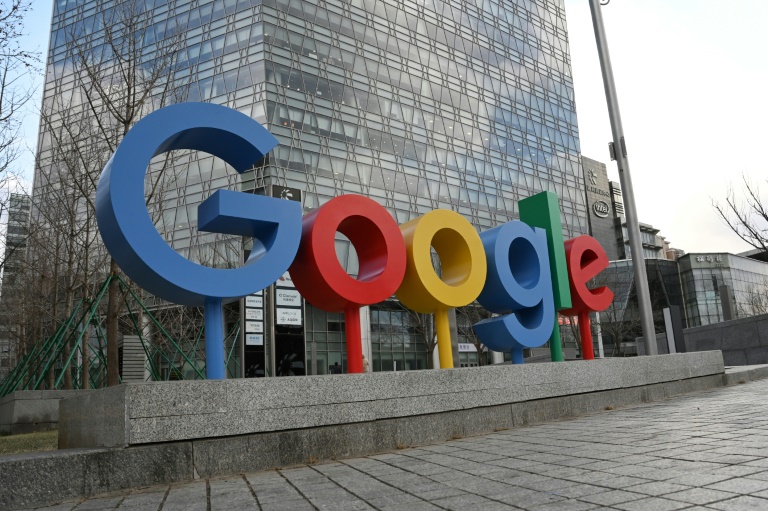Google’s Investment in South African News Media: A Boon for Local Journalism
In a significant development for South African journalism, Google has committed to a funding package exceeding $40 million to bolster local news media struggling in the digital landscape. This decision comes from the country’s competition authority, which highlighted the dire need for support in an era where many traditional media outlets are floundering.
The Competitive Landscape for News Media
The South African Competition Commission has scrutinized major tech companies like Google, TikTok, and Facebook for unfair practices that jeopardize local media. According to the commission, these platforms have created an environment that hinders local news outlets from effectively distributing content and, consequently, earning revenue. The challenges have become more pronounced as digital consumption has surged, leaving many smaller and community-focused media organizations in precarious positions.
Findings from the Investigation
Following a comprehensive 16-month investigation, the Competition Commission found that Google’s search algorithms tended to favor international news sources over South African outlets. In February, the commission proposed that Google pay up to $27 million annually for five years to rectify this imbalance. However, the negotiations culminated in a more substantial agreement, with Google finally approving a funding package worth approximately 688 million rand, equivalent to $40.4 million.
Allocating Resources for Change
Under the new agreement, the financial support will be spread across various initiatives aimed at revitalizing local journalism. Notably, $4 million will be allocated to national publishers and broadcasters over five years specifically for content featured on Google News. Additionally, a significant portion—$2.6 million annually—will assist in fostering artificial intelligence innovation to help media organizations adapt to evolving digital demands.
Moreover, small and community media outlets stand to benefit from a separate allocation of $2.2 million over three years dedicated to their digital transformation. This funding aims to empower these organizations so they can effectively navigate the complexities of digital media.
Enhancing Local News Visibility
As part of the initiative, Google will introduce new user tools designed to prioritize local news sources in its search results, ensuring that South African audiences are more readily exposed to homegrown news. Technical assistance will also be provided to improve website performance, enabling local entities to create more compelling online experiences.
Furthermore, the company has committed to sharing enhanced audience data with publishers, which can lead to better-targeted advertising and content strategies. Alongside these enhancements, YouTube has agreed to facilitate monetization opportunities for local media, offering another revenue stream for struggling outlets.
Addressing Algorithmic Bias
One of the more critical aspects of the agreement is Google’s commitment to removing algorithmic biases that have historically favored foreign outlets. This change aims to create a more equitable playing field for local media, thereby enhancing their competitiveness in a global market increasingly dominated by international news platforms.
A Broader Context: International Collaborations
South Africa’s agreement with Google mirrors similar funding initiatives established in other countries such as Taiwan, Canada, Australia, and the United States. As pressure mounts on tech giants to support local journalism, it becomes clear that this issue is part of a larger global conversation regarding the future of news media in the age of digital dominance.
TikTok’s New Tools for Media
In a related development, TikTok has also announced plans to aid local media by offering tools that allow creators to insert links within their videos. This feature is aimed at helping media organizations monetize off-platform content more effectively, thus diversifying their revenue channels in an increasingly competitive digital space.
X’s Ongoing Challenges
Conversely, the social media platform X, owned by South African-born entrepreneur Elon Musk, did not reach a settlement with local authorities. The commission has mandated that X make all monetization programs available to South African publishers and conduct training workshops to equip them with the necessary skills to leverage these tools effectively. While X has the option to appeal this directive, the order underscores the growing tension between governance and tech platforms in supporting local media.
In summary, the funding from Google marks a pivotal moment for South African news media, presenting an opportunity for revitalization amid a challenging digital landscape. With concerted efforts to support local journalism, it is hoped that these initiatives will help sustain and empower diverse voices in the media ecosystem.



